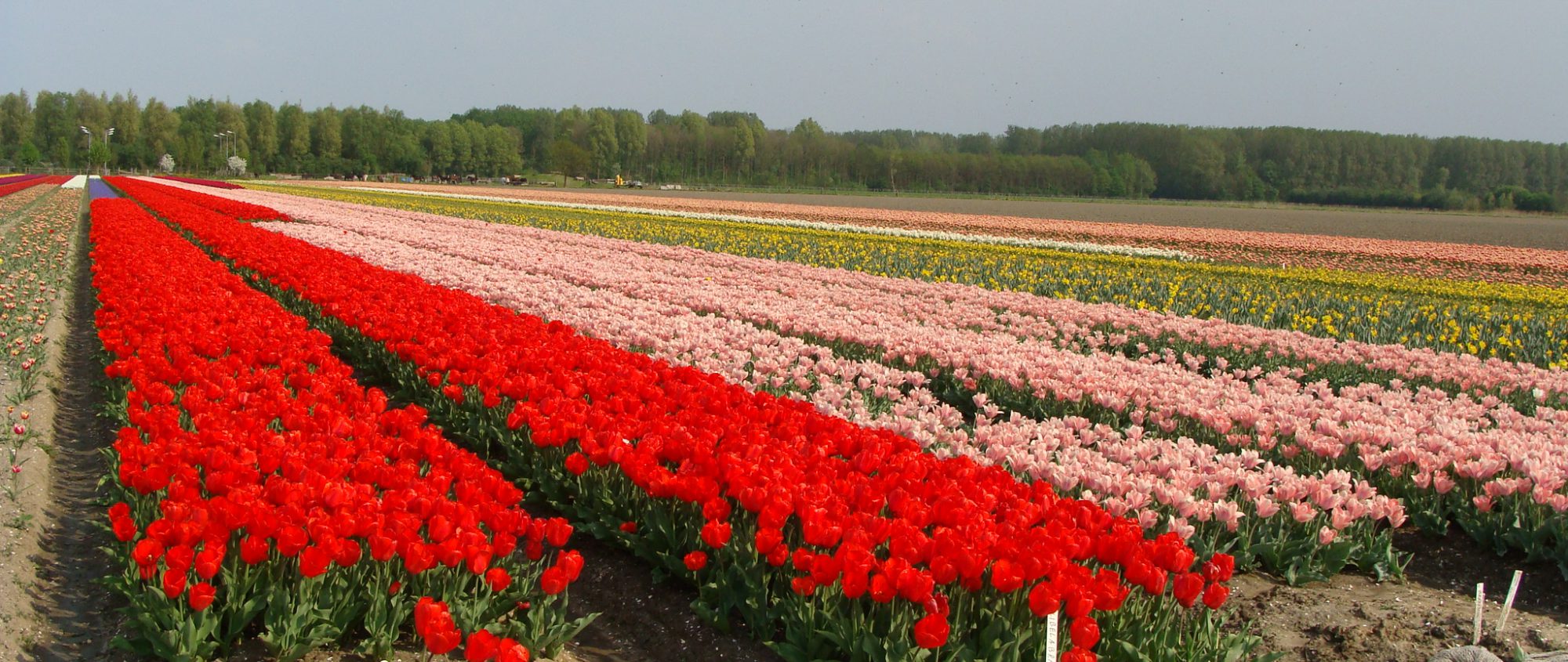Huiberts wins the EKOLAND innovation award 2022.
Impulse for organic floriculture
Motion passed for guaranteed purchase of organic flower bulbs and bedding
On Tuesday 25 May, the House of Representatives passed the motion of D66 and CDA calling on the government to consider whether the share of organic flower bulbs and bedding that municipalities and provinces purchase can be increased to at least 25%.
Bionext welcomes this motion. Maaike Raaijmakers, floriculture project manager at Bionext: "The House of Representatives shows that it takes the objectives of the European Green Deal seriously. If municipalities and provinces are obliged to purchase at least 25% organic floriculture products, this certainly leads to an increase in the organic area."
At the moment, the organic floriculture sector is still very small. This year, for example, organic bulbs are grown on about 60 hectares, barely 0.25% of the total area of flower bulbs. Guaranteed sales of municipalities and provinces would offer enormous opportunities for the marketing of organic floricultural products, which would also make it more attractive for mainstream growers to switch. Floriculture is the sector with the highest use of plant protection products per hectare, according to statistics from Statistics Netherlands (CBS). There is therefore also a lot of environmental benefit to be gained here.
Despite the fact that many municipalities already support the use of organic flower bulbs, the planting hardly grows: often no extra budget is reserved, buyers do not know where to get organic flower bulbs or the requested varieties are not available. Guaranteed sales of large customers such as municipalities and provinces offer organic floriculture many opportunities. More mainstream growers are expected to switch if they are assured that they can also dispose of their organic products at organic prices.It is a step they cannot take now out of financial uncertainty.
Another important condition for growth of the sector is that the desired varieties are ordered on time. "The diversity of types of flower bulbs is enormous and municipalities are concerned with large numbers. So you can't expect that the small number of organic growers out there now has all these flower bulbs on the shelf. That is why it is essential that municipalities order the flower bulbs ontime" says Maaike Raaijmakers.
Jan Timmerman, chairman of Biobol, the association for organic flower bulb growers, also likes to see the sector grow: "Passing the motion is a nice boost for organic flower bulb growers. The sector wants to grow and show that things can be done differently. If the demand from municipalities and provinces does indeed go structurally to 25%, we expect that many common growers will switch to organic cultivation. We welcome this, of course.'
It is now up to the government to start the exploration and engage with everyone involved.


